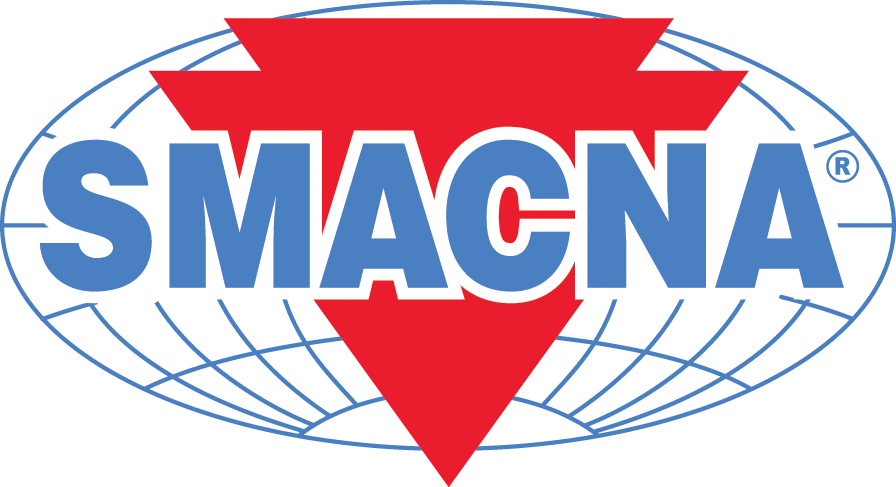EEOC Issues Updated COVID-19 Guidance

Bill Lowe
On July 12, 2022, the Equal Employment Opportunity Commission (“EEOC”) updated its COVID-19 guidance in several key respects. The EEOC’s updated guidance comes at a time when many employers continue to grapple with issues related to COVID-19, as new variants of the virus continue to appear, and many communities throughout the country face significant infection rates, despite effective vaccines and therapeutics. With this new guidance, employers should review existing policies and procedures with respect to some of the following areas.
COVID-19 Testing in the Workplace
Under earlier EEOC guidance, any mandatory COVID-19 testing at the workplace was deemed to be compliant with the Americans with Disabilities Act’s (“ADA”) requirement that such tests be “job-related and consistent with business necessity.” According to the EEOC’s updated guidance, mandatory COVID-19 testing in the workplace will no longer automatically satisfy this ADA standard. Now, employers will instead be required to “assess whether current pandemic circumstances and individual workplace circumstances justify viral screening testing of employees to prevent workplace transmission of COVID-19.” The EEOC highlighted the need for employers to remain current with CDC guidance and listed several considerations for employers to utilize when determining whether screening testing satisfies the “business
necessity” standard, including but not limited to:
• the level of community transmission,
• vaccination status of employees,
• the accuracy and speed of processing for different types of COVID-19 tests,
• the degree to which breakthrough infections are possible for employees who are “up to date” on vaccinations,
• the ease of transmissibility of the current variants and the possible severity of illness from recent variants, and
• potential impact on operations if an employee enters the workplace with COVID-19.
Notably, these changes in guidance do not apply to other methods of COVID-19 screening. The updates also make clear that employers may not require antibody testing of employees returning to work, as such tests do not satisfy the ADA’s “business necessity” standard.
Requirements to Return to Work After Testing Positive for COVID-19
In addition to following current CDC guidance to determine whether an employee may safely return to work, the new EEOC guidance says employers may require confirmation from a qualified medical professional that an employee is safe to return to work after having COVID-19. Additional options include relying on local clinics to provide confirmation that an individual is no longer infectious.
Screening for COVID-19 During the Hiring Process
Employers are permitted to screen applicants for COVID-19 after making a conditional job offer, provided the same testing is conducted for all employees in the same type of job. Under new guidance from the EEOC, employers may screen applicants for COVID-19 during the application process, before an offer of employment has been made, if: the employer screens all individuals for COVID-19 before entering the workplace, the applicant is in the workplace as part of the application process, and the screening that is completed is limited to the same screening that everyone undergoes.
Withdrawal of Job Offer
Previously, a job offer could be withdrawn if the applicant has or has been exposed to COVID-19 when the individual was needed on-site immediately. Now, an employer may only withdraw a job offer if the job requires an immediate start date; CDC guidance recommends the individual not be in proximity to others; or the job requires proximity to others. The guidance also makes clear that employers may not postpone an individual’s start date or withdraw a job offer based on the employer’s concern that the individual is older, pregnant or has an underlying medical condition.
Vaccination Considerations
It has been generally recognized that employers are permitted to require individuals with disabilities to meet a qualification standard applicable to all employees, such as a safety-related COVID-19 vaccine requirement, if the standard is job-related and consistent with business necessity as applied to that employee. The new guidance clarifies that an employer must not show that the vaccine requirement meets the “business necessity” standard as it applies to all employees, but only with respect to an employee who is disabled and informs the employer that a disability prevents his/her compliance with the vaccine requirement. If an employee cannot satisfy a vaccination requirement on the basis of his/her disability, an employer may only require vaccination if the employee would pose a “direct threat” to the health or safety of the individual or others while on the job.
Also, under the ADA, employers must generally keep employee medical information confidential, but the updated guidance identifies certain scenarios in which employers may share confidential medical information, such as COVID-19 status, with employees who need such information to perform their job duties.
Next Steps
This new information from the EEOC represents yet another update to guidance related to COVID-19 that employers must follow since the start of the pandemic. Employers should use this as an opportunity to review existing COVID-19 policies and procedures to ensure they are in compliance with current administrative guidance, as well as federal and state law.
Bill Lowe is an attorney with Bolanos Lowe in Pittsford, New York, specializing in labor and employment law. Reach him at 585-643-8440 or through www.bolanoslowe.com.
Published: August 19, 2022
IN THIS ISSUE
Bridging the Gap: What Gen Z Wants from a Career in Construction
Making such work appeal to younger workers may mean offering more flexibility and feedback, these experts say. SMACNA members who are successful recruiting young people agree.
Bringing Fresh Air to a Glass Tower
Geauga Mechanical brings its multi-family residential experience to its tallest, largest project — Cleveland’s Lumen.
Copper Spiral Duct Project “Shines Like a Diamond”
Sheet Metal Werks copper work photos go viral, bringing the company increased attention and new opportunities.
EEOC Issues Updated COVID-19 Guidance
Engaging and Educating SMACNA Members
By using the various informational resources at their disposal, SMACNA members can serve their customers in the best way possible.
FY2023 Authorization and Appropriations Mark-Ups
The Senate Armed Services Committee recommended $45 billion more for national defense in FY2023 than the White House record DOD budget requested.
HVAC for Healthcare
Brandt works on massive mechanical and plumbing project in the healthcare sector.
Maximize 100% Bonus Depreciation While You Still Can
The 2022 tax year is the final chance for businesses to take advantage of 100 percent bonus depreciation under the Tax Cuts and Jobs Act of 2017 (TCJA).
Protecting Power
Ernest D. Menold fabricates a cage to protect an electrical substation.
Rapid Transit—A Rise in Demand
A pipeline of transit projects is fueling large-scale opportunities for contractors who can prepare and plan for the complex work.
We Are One Big, Diverse Industry
The various backgrounds and experiences of SMACNA members allows us to navigate the constantly changing times.
Welcome New SMACNA Members
Welcome New SMACNA Members


